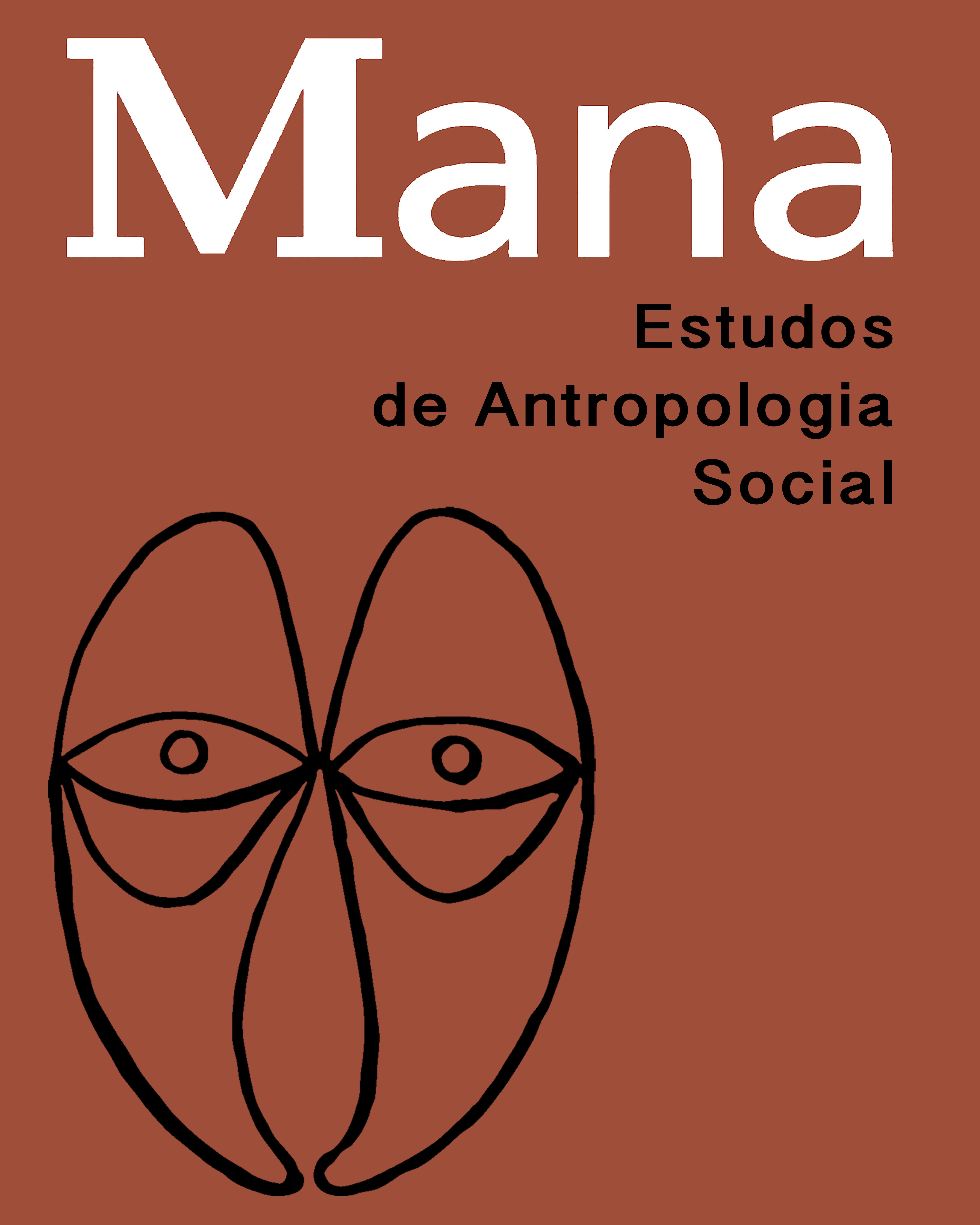Through an examination of French abolitionist Victor Schoelcher's account of Haiti published in 1843, this article interrogates anthropologist Rolph Trouillot's interpretation of the "unthinkability" of the Haitian Revolution. While the Haitian Revolution has been ignored, distorted, and treated with incomprehension and disdain in the West, the use of the notion of 'unthinkability' to interpret its reception contributes to another form of incomprehension by eliminating from consideration the political and historical contexts that are constitutive of resistance. Schoelcher's text represents a remarkable effort to "think" Haiti and the Haitian Revolution from within the presuppositions of French Republicanism. His interpretations demonstrate the broad range of possibilities within Enlightenment thought. They converge with the thought and practices of the Haitian masses and the enslaved population of the French West Indian colonies, but they do not coincide with them. The non-identity of their thought forms the space of politics between Schoelcher and slaves and is a necessary ground of historical analysis.
Saint Domingue Revolution; Victor Schoelcher; Haiti; "Unthinkability"; Epistemology
